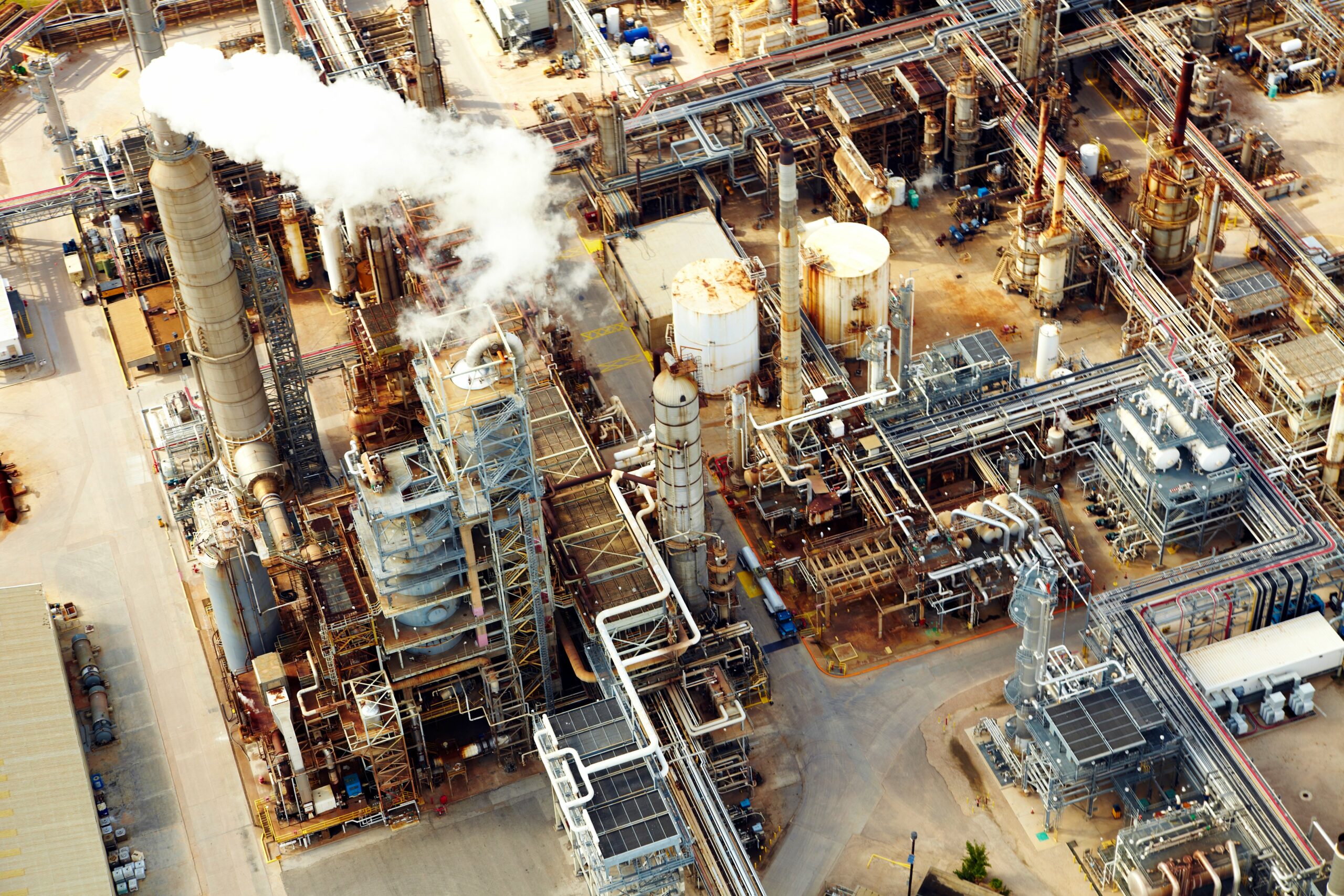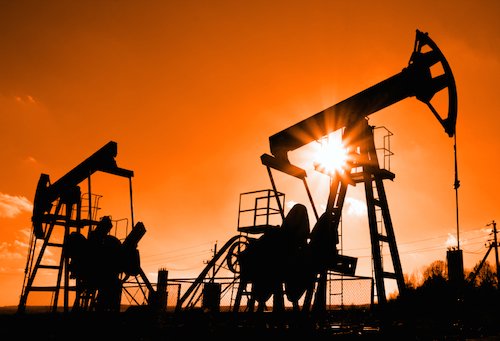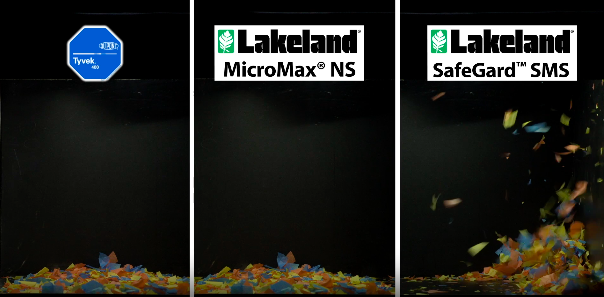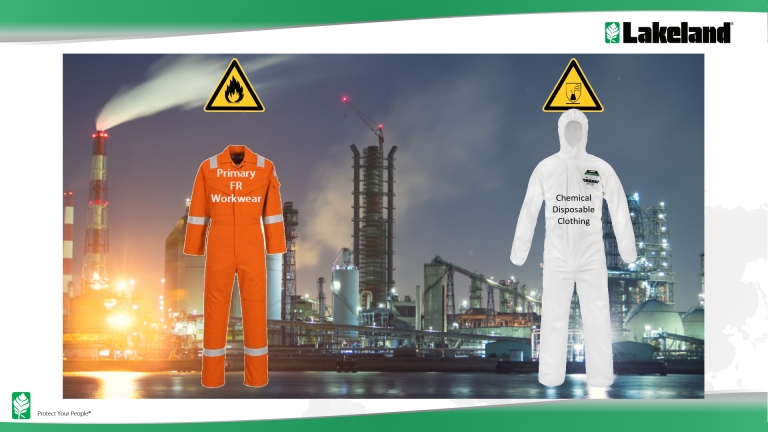Petrochemical plants and oil refineries are complex organizations, and it takes a specialized crew to ensure that these environments run smoothly. To do so, certified safety professionals and industrial hygienists will often be tasked with orchestrating a refinery turnaround. These events are a much larger operation than regular maintenance and involve more in-depth planning, resources, and staff.
What is a Refinery Turnaround?
A refinery turnaround is the process of shutting down a petrochemical/refinery operating unit to clean and inspect the machinery within and to install new hardware if needed. Because refinery operations are put on hold, turnarounds are expected to be efficient. Depending on the size of the plant, a refinery turnaround usually lasts several weeks; however, there are often unexpected delays that can cause the process to last for several months.
Above all, the number one consideration for a turnaround is personnel safety.
Explosion and/or Flame Hazards
During a turnaround, the machines responsible for chemical refining are disassembled to be inspected, cleaned, and rebuilt. To ensure that equipment is in optimal working condition, personnel are often checking for signs of corrosion, sources of leaks or blockage, and other contamination.
Once it’s been confirmed that the machinery is in the right condition, staff will begin cleaning – often with highly flammable chemicals. When handling these substances, staff should be equipped with primary and secondary FR garments. Secondary FR garments should be oil and water repellent yet breathable to protect the integrity of primary FR garments and to help ensure the comfort of the wearer.
Lakeland’s Pyrolon Plus 2 disposable garments are UL certified to the ISEA 203 Secondary FR Garment standard. These garments are flame resistant, and repel oil and water, allowing you to protect and reuse your expensive primary FR garments once your turnaround is complete.
When light chemical splash is a concern, look to Lakeland’s Pyrolon CRFR garments to protect your people. The fabric combines chemical resistance with flame resistance, will not melt or drip, and features tape/heat sealed seams.
Pyrolon CBFR disposable garments are designed to protect your primary FR, provide secondary FR protection with self-extinguishing fabric, and offer an advanced chemical barrier for the highest hold-out.
Chemical Burns
Turnarounds involve introducing substances that often are not used on-site, making the process even more dangerous. Chemical burns occur when a substance erodes the tissues of the skin and can cause lasting damage to mobility or even loss of the affected area.
Before personnel are tasked with utilizing these non-routine cleaning agents, it is critical to offer thorough training on donning and doffing, handling, and emergency processes in the event a substance makes contact with the wearer.
To ensure you are using proper personal protective equipment, be sure to examine permeation and penetration data for your PPE as it pertains to the specific chemicals your team will be handling.
Lakeland’s ChemMax® Chemical Search tool allows you to identify which protective garment best suits your application from the Lakeland ChemMax® product line, which offers a range of reliable chemical protection for circumstances where flame is not a concern.
What can you do to prepare for a safe refinery turnaround?
- There is no such thing as too much communication when handling flammable chemicals and heavy machinery. It’s key to make sure all personnel are up to speed on what materials they’ll be using, how to properly use PPE, and what the schedule should be. Keeping your team in sync and well-informed will help ensure their safety and that your turnaround can go forward as planned.
- Make a list of vendors who can supply PPE and other resources within your timeline and contact them early on in the process. Many PPE vendors have little to no control over their manufacturing processes, or they can only supply a limited amount of the disposable garments needed for a turnaround. Lakeland is unique in that it owns its manufacturing operations worldwide, allowing us to maintain inventory levels. We also produce a broad portfolio of turnaround PPE that lets you purchase all of your disposable garments from one vendor.
- If staffing concerns are an issue, you might need to consider bringing in a third-party team to help complete your turnaround. You can often find firms that are dedicated to refinery turnarounds, allowing you to bring in a team that is well-versed in handling the chemicals and machinery that regular plant personnel are not as familiar with.



